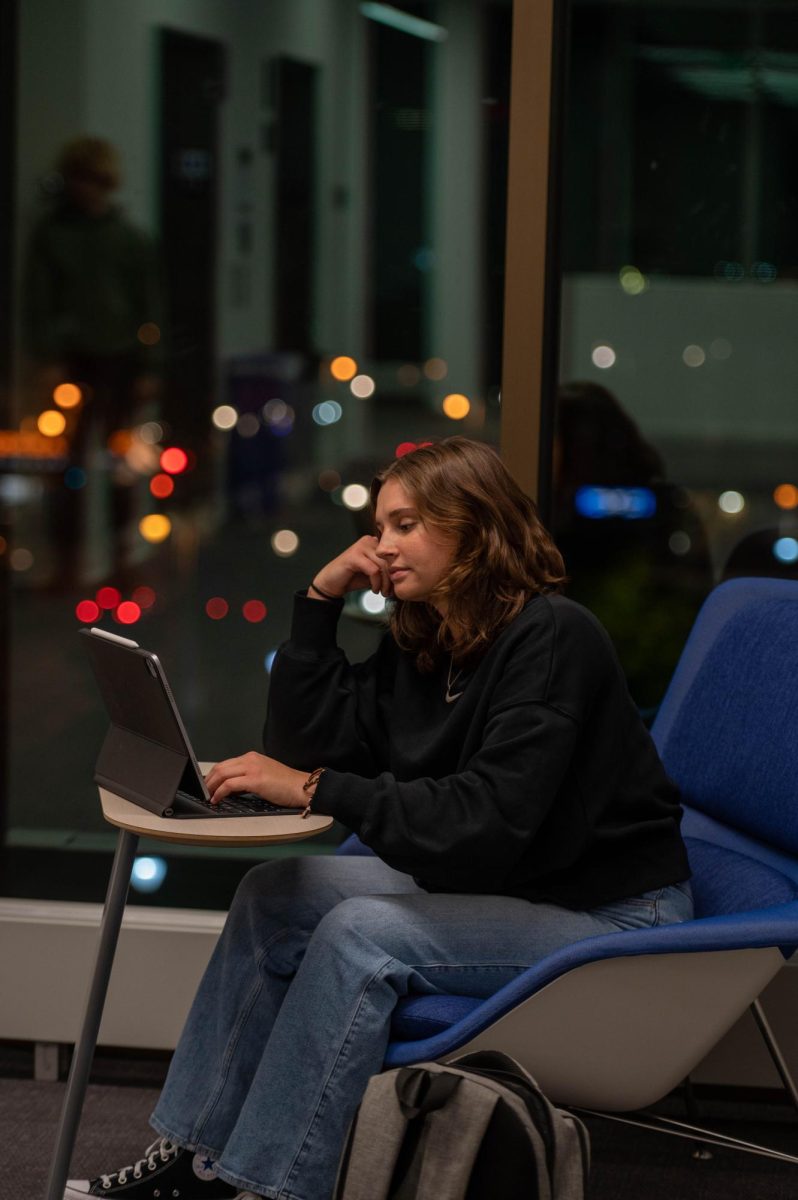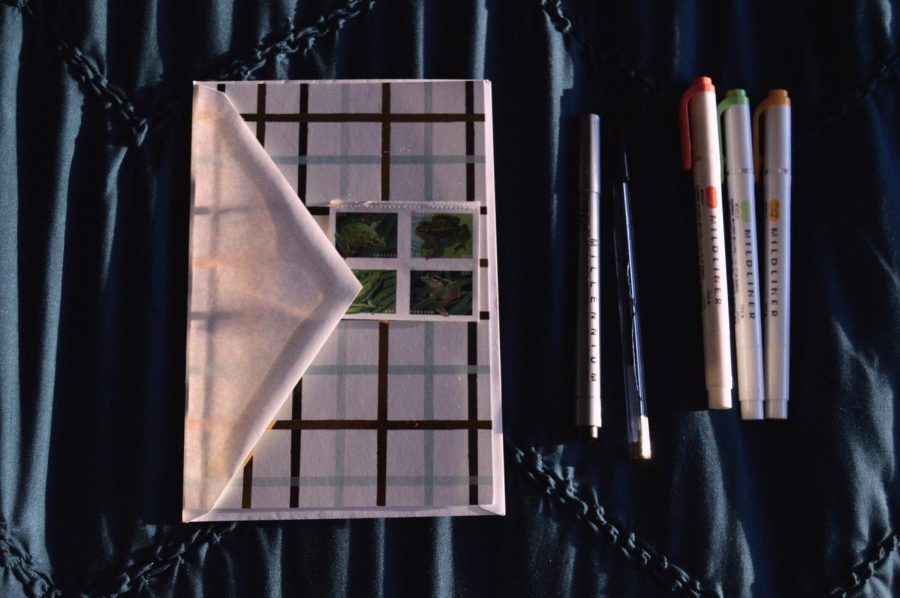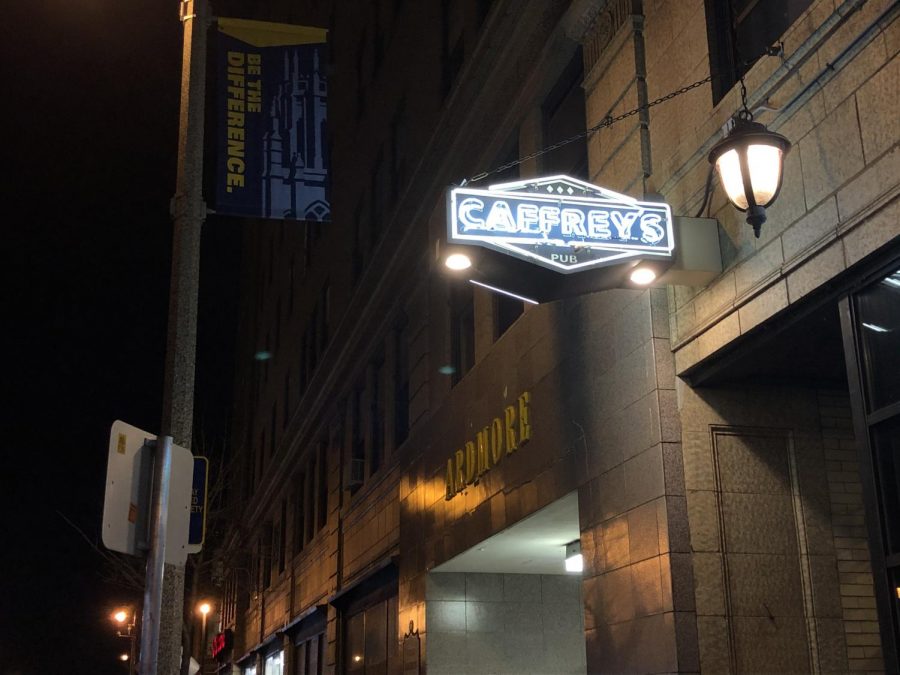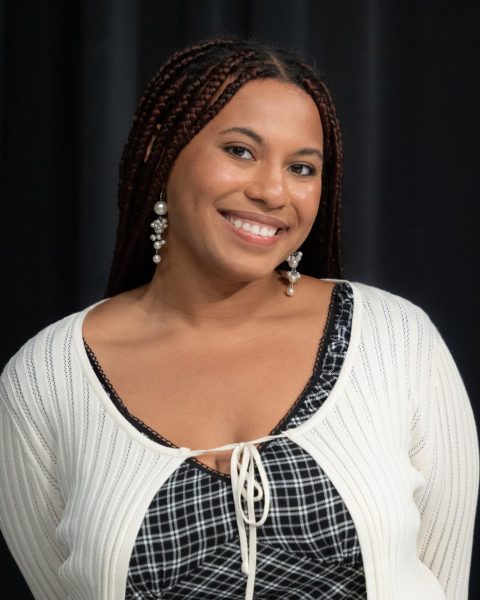I believe twenty years ago, it was a lot harder to be alone.
There was less advanced technology, social media did not exist and allow us to connect with people anywhere in the world and being alone meant truly being alone.
Even with more avenues for connection today, we are experiencing a lot of issues in the world; an entirely new set of issues.
In recent years, with natural disasters, international conflicts and pandemics, a distrust of our surroundings and those perpetuating that information has been growing.
This kind of distrust and confusion has created a sense of isolation.
Currently, Americans are going through an epidemic of loneliness. According to a recent advisory from the Surgeon General, a lack of social connection can cause a 29% increased risk of heart disease, a 32% increased risk of stroke and a 50% increased risk of developing dementia for older adults. Additionally, a lack of social connection increases the risk of premature death by more than 60%.
Even before COVID-19, new technologies and social media helped corrode the psyches of many users. Studies have shown that there is a direct correlation between the amount of time spent on social media and an increase in feelings of loneliness, regardless of age group, marital status, employment status or health history.
I believe that this loneliness is not a direct result of being interconnected with others on social media, but by the attitudes that have been adopted in order to process all the information on social media.
Around 3.7 million videos are uploaded to YouTube alone every day. This overwhelming amount of content forces people to create mental boundaries and blocks that help protect themselves from the potential harm that the overexposure to this magnitude of content can cause.
However, for many, there is no particular off switch that can be identified and triggered before interacting with others. Instead, many individuals experience a phenomenon called “toxic individualism.”
Toxic individualism is defined as a rabid notion of individual freedom. In its essence, it is simply an excuse for people to ignore the suffering and needs of those around them.
This attitude can be seen in the way people treat their online peers and how those attitudes create real-world consequences. Currently, we can see the selfishness and fear that this form of individualism can take through the increased levels of senseless violence within the country.
The United States is neither the biggest nor the most densely populated country on Earth. However, our lack of care and sense of community might have us designated as the most selfish.
There needs to be a serious revamping of not only the way we use technology, but of how we interact with the world around us and with our neighbors.
Firstly, there needs to be a lot more care put into how technology is used. Although there are no “good” or “bad” technologies, there are helpful and harmful ways to use them. As such, digital literacy courses and the effects that social media might have on one mentally should be easily accessible and prioritized information for everyone.
As digital spaces have taken up more of our day to day lives, there needs to be effort put into promoting and maintaining community spaces, activities and groups.
By strengthening these social infrastructures, it can become easier for people to get to know others around them and truly build ties within the community.
Additionally, research from professors from the University of Alberta has shown that communities that are highly socially connected generally have better population health, stronger senses of civic duty and higher resilience when faced with natural disasters.
Not only does increasing connection make those around us safer, but it makes us happier.
Toxic individualism is a double edged sword. It allows one to disregard the feelings of others and focus on themselves, but it also deprives a person from what makes life meaningful: connection.
If as a society we continue to use it as a weapon of choice, there is only a matter of time before the harm that is inflicted on others completely engulfs us as well. Rather, we should find ways to connect in a productive and healthy way.
This story was written by Clara Lebrón. She can be reached at [email protected].






